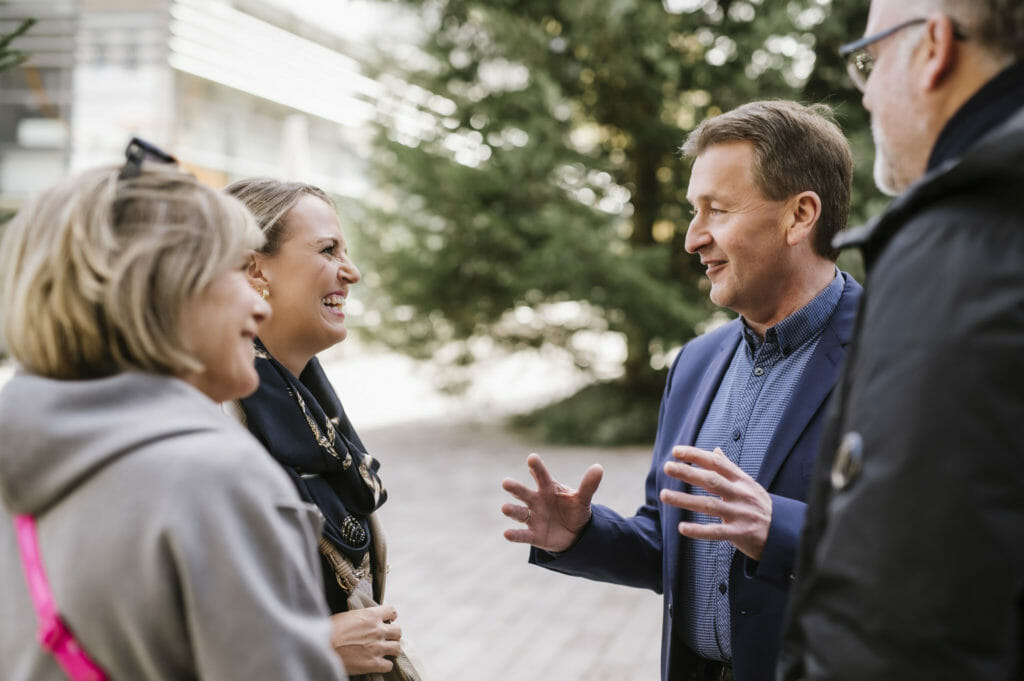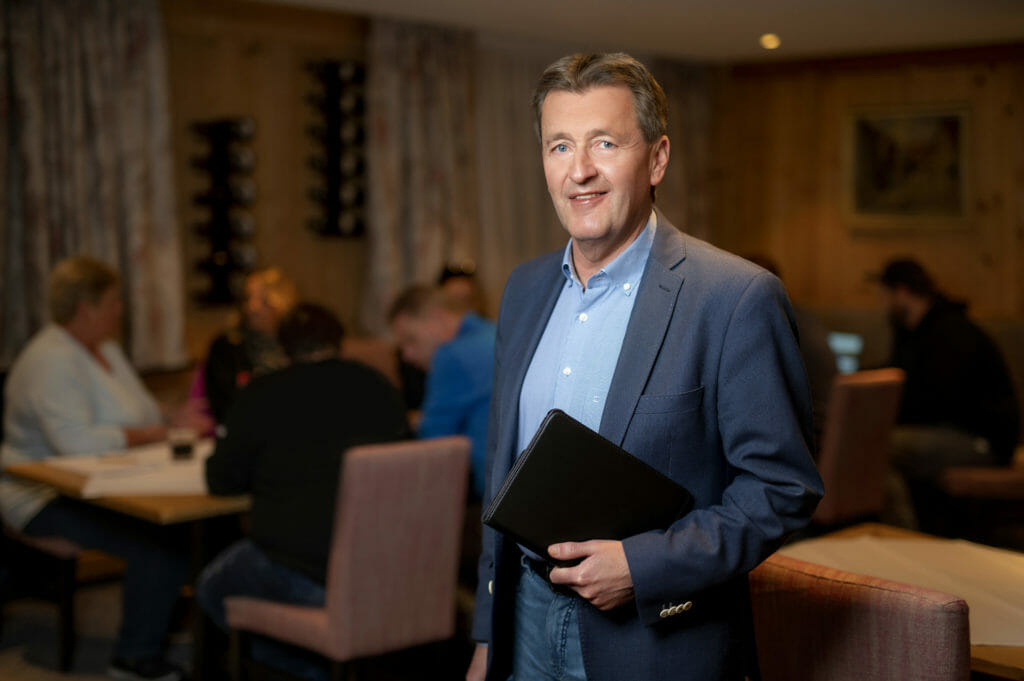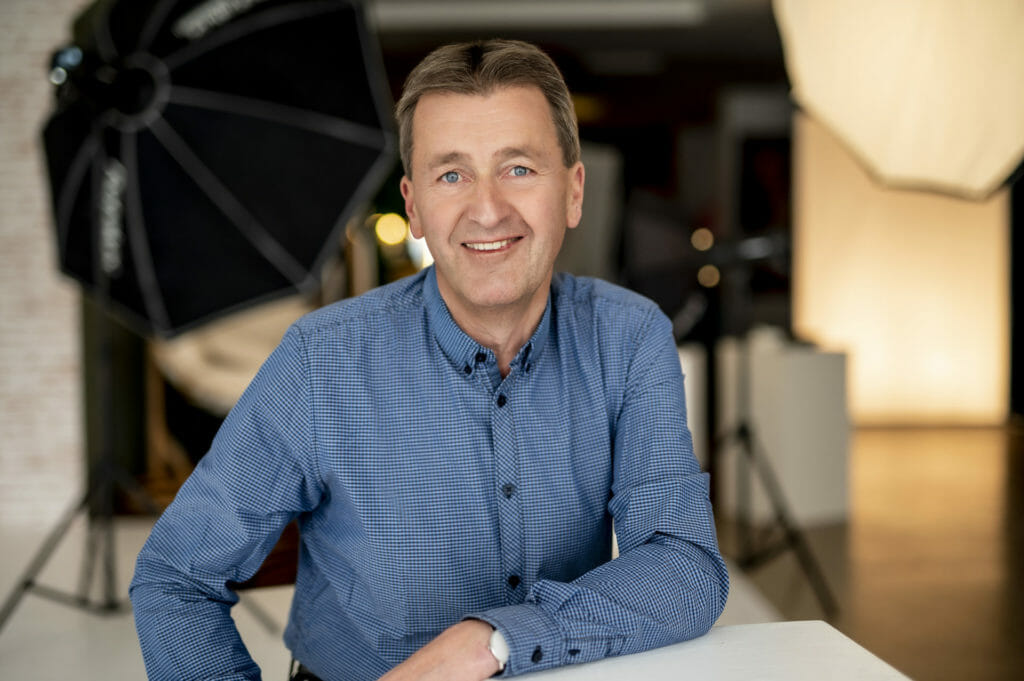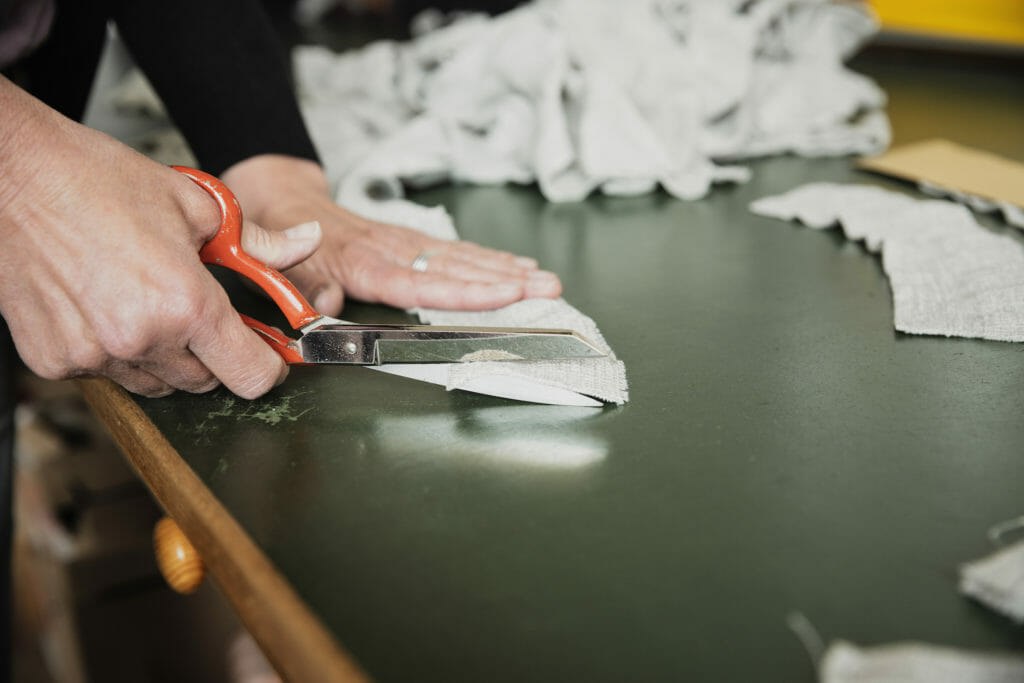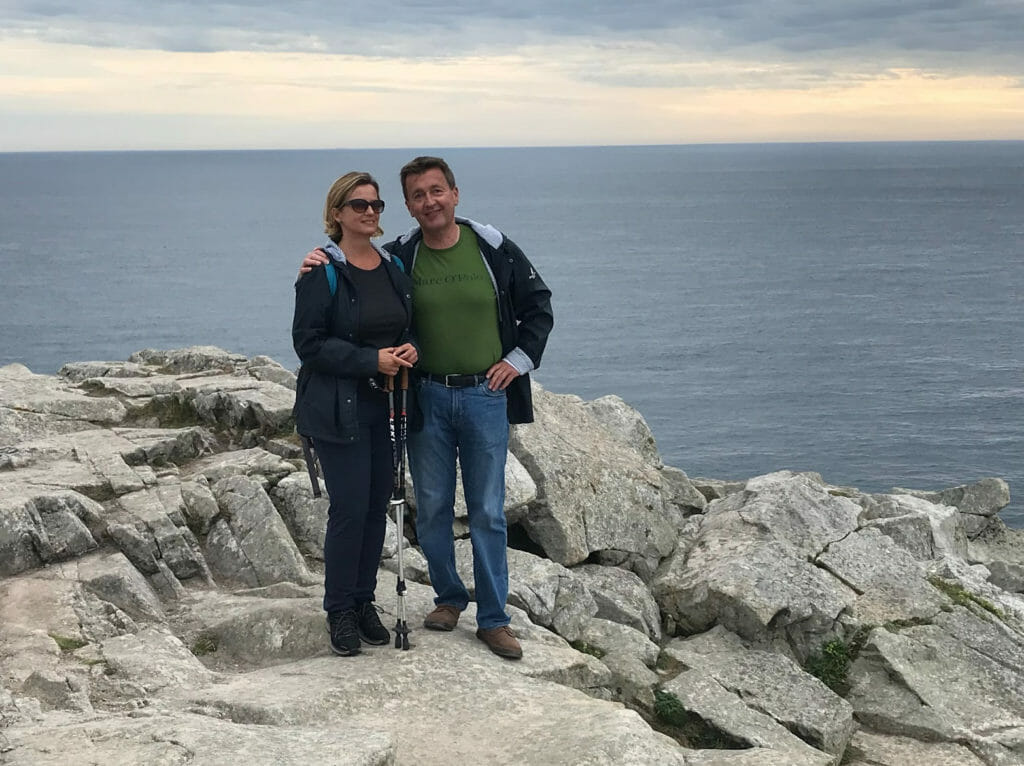Wenn Sie auf das Video klicken, nimmt Ihr Browser Kontakt zu YouTube auf. Mehr dazu in der Datenschutzerklärung.
Goals in the energy transition for Albstadt
– courageously treading new paths
– Biomass, heat grids, photovoltaics
– energetic renovations
– attach importance to high energy efficiency in (urban) new buildings
– intelligent building design – energy efficiency takes precedence over luxury
– energetic reorientation of the city
– Preserving assets through forward planning
One of the major challenges of the present day is sustainable energy and heat supply, where sustainability is understood here as a balanced relationship between ecological necessities, the required economic efficiency and the necessary security of supply. For example, the dramatic price jumps in the energy supply sector in recent months are a very clear sign that the stability of recent decades is seriously evaporating. In this context, both the Russian invasion of Ukraine and a plethora of legal requirements to protect the climate are causal factors that will change the energy markets in the long run. This means that concerns about whether energy is available at all, and above all whether it is affordable and will remain affordable, have also gained considerable weight in our local area and affect the entire population to a large extent. Therefore, the topic of sustainable energy and heat supply must be at the center of future municipal policy.
Establish decentralized energy and heating systems
We are being forced to innovate – not just on the “big political stage”. When viewed realistically, the energy transition must be planned and implemented precisely at the municipal level. Planning should not take too long a period of time, it’s about “getting it done” as quickly as possible. Good living in Albstadt depends on doing everything possible at the municipal level as quickly as possible to build and use the most decentralized energy and heating systems possible. This is especially true for the industrial, trade and retail location in Albstadt. Citizens are privately affected by this development, as is our domestic economy, which is absolutely dependent on reliable and affordable energy supplies. This cannot be done “overnight” – but the decisions must be made now.
The goal must be to generate a significant portion of our energy locally in the future and feed it into the grids in advance. Central large-scale power plants supplement the system and an interconnected grid backs it up.
In addition to electricity, however, the supply of heat is also becoming increasingly important. This can be achieved hand in hand by building small combined heat and power plants as well as solar thermal power plants and at the same time starting to build new heating networks in the city.
Cross-sectional task for all
The energy and heating turnaround in Albstadt will only succeed if all stakeholders are involved. Not “the city administration”, “the Albstadtwerke” or anyone else can handle this major project alone. This is a cross-sectional task in which the administration, Albstadtwerke, citizens, trades and industry must be equally involved. This must also involve citizen participation projects – for example, in the form of energy and heating companies and cooperatives that need to be established. Here, too, bureaucratic hurdles must be removed and swift action made possible. Energy and heat supply are therefore an absolute “chief task”.
Putting local resources to work
Biomass, geothermal, wind and photovoltaics are already available to us. Albstadt has one of the most hours of sunshine per year in Germany and has large and sustainably managed forest areas. This is our chance to replace fossil fuels in Albstadt.
Even though we cannot currently replace existing structures completely from “overnight” with energy systems such as fuel cells, combined heat and power plants and biomass, these will have to make a much greater contribution in the future to improve the sustainability of our energy supply in order to protect the environment. This is also an opportunity for the regional economy, because this approach also contributes to regional value creation. We are thus making an important contribution to energy supply in the interest of future generations.
Consistent use of new energy sources
We must not expose ourselves to the fluctuations of the world market and its vagaries. Future-oriented municipal policy requires us to act instead of react and to get “in front of the situation”, especially with regard to energy supply. The city and Albstadtwerke must therefore immediately start updating the municipal energy and heating planning. This is done with the involvement of all locally available capacities and with the involvement of residents and the local business community. We have the opportunity to replace fossil fuels on a large scale. The decisive factor here is a decentralized energy supply: In addition to the new technologies already known, there are other possibilities that have received little attention to date: For example, the use of waste heat from wastewater treatment at the Ebingen sewage plant, the construction of combined heat and power plants powered by wood and biogas, and the consistent expansion of photovoltaics. Existing plans of the city to further expand photovoltaic systems on municipal buildings must be pushed. Here, too, “implementation is everything!”.
At the same time, it is necessary to immediately investigate in detail where other public buildings are available where photovoltaics and other sustainable forms of energy can be used.
In large parts of the population, the use of ground-mounted photovoltaic systems is viewed critically. This, too, must not be shied away from in view of the desired far-reaching self-sufficiency. In addition to the ground-mounted photovoltaic systems already in use and planned, further sites – also with investors willing to do so – must be sought, designated and implemented. This takes into account the current environmental standards: it is not a matter of “paving over” nature with photovoltaic systems. What is needed is the right balance between using the landscape as sparingly as possible and achieving optimum energy results.
Create new heat networks
Utilization of already existing potentials – such as waste heat and other decentralized power plant constellations – presupposes that a start is made in the short term on the creation of heating networks in the city districts. There is potential for this, for example in the area of Ebling’s Oststadt, in Tailfingen, and – in close consultation with the respective local administrations – in the smaller sub-communities. Here, too, individual decision-makers cannot be decisive; it is a matter of working together to be able to implement the energy turnaround in Albstadt in a timely and resource-saving manner. Waiting is out of the question. Accordingly, such neighborhood concepts must be developed and implemented as quickly as possible. In this context, it is important to take advantage of all existing and upcoming federal and state funding opportunities that explicitly support municipalities in the creation of such heating networks, in order to make this feasible in times of difficult budgetary situations. Here, too, Albstadt must take on a pioneering role as a sustainable municipality. Once again, it’s a matter for the boss!
Consistently exploit existing savings potential – drive forward refurbishment
In parallel with the introduction of new energy and heating technologies, we must bring about a further reduction in heating and energy requirements throughout the city. This is achieved through rapid progress in insulation measures and the use of efficient building technology. This both for public buildings and by supporting private owners. The consistent continuation of energy-saving measures for consequent properties is necessary, as well as the involvement of companies and the economy in a long-term “heat and energy saving strategy”. This also includes the designation of further redevelopment areas for energy-related urban redevelopment and the consistent application of funding opportunities, such as those offered by KfW. Ideally, a “refurbishment premium” with an increase in energy standards and the integration of a social component for rental housing and an increase in subsidies will be necessary for Albstadt.
This is another area where all stakeholders need to be involved. The municipal housing company AS-Wohnbau GmbH also plays a role here. AS-Wohnbau GmbH has a duty to play an active role in the implementation of the local energy transition in Albstadt, both in new buildings and in the renovation of existing housing. This applies all the more to the mission of AS-Wohnbau GmbH with regard to the creation of affordable housing for the lower-income population of our city. It is precisely this that must not be allowed to become the loser of the energy transition. Here, the municipality has a special social and economic responsibility.
Promoting a traffic turnaround
Part of a responsible energy policy, also from a sustainability perspective, is that the city of Albstadt and all its companies ensure that the mobility of the future is guaranteed and expanded. In addition to expanding rail connections both through the valley corridor and primarily on the “main line” toward Tübingen and Stuttgart, every effort must be made to expand the electrification of the rail line and create an attractive timetable both within the city and beyond. This also includes connecting the stops of a future valley railroad with an equally attractive feeder service. New technologies (electric buses, self-driving vehicles, on-call buses, etc.) must be considered here, without any prohibitions on thinking. In addition to a demand-oriented expansion of the bicycle path networks in the city and beyond, however, special attention must be paid to the still necessary and existing individual traffic. The turnaround to electromobility will only succeed if sufficient and fast charging options are also available in the Albstadt urban area. There must be no more reciprocal assignments of responsibilities for this. The municipal energy concept therefore includes a clear definition of the number and location of charging stations, as well as the creation of a traffic flow within the city and beyond that is as congestion-free as possible.
Transcript of the video above
The last few months have shown every one of our fellow citizens, and above all our domestic economy, that we are still far too dependent on traditional energy sources. We have to get through the crisis together! However, it is now important to secure the course for a sustainable energy supply and heat supply for our homeland in the future. And for me, should I be elected, that also means a very clear start to the expansion of new forms of energy in our city. Bioenergy, solar energy, all of that needs to be addressed. Those who do not do this now are missing the signs of the times.
